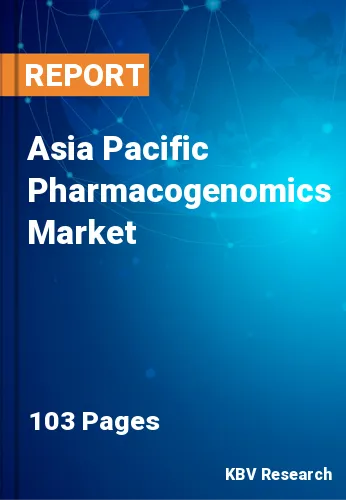The Asia Pacific Pharmacogenomics Market would witness market growth of 10.2% CAGR during the forecast period (2019-2025). The study of pharmacogenomics deals with the role of genes in drug response in individuals. The growing number of pharmacogenomics-based tests, which are a result of the growing ailments like cancer, tuberculosis, Alzheimer's disease, cardiovascular diseases, and other diseases, is expected to push the market growth. Pharmacogenomics has observed an exponential growth rate in recent years, owing to a rise in preference of patients towards personalized therapy-based medications.
The major factors boosting the growth of pharmacogenomics include technological advancements in molecular diagnostics, such as several molecular biology techniques including polymerase chain reaction, sequencing, microarrays, electrophoresis, mass spectrometry among others, a surge in the preference for using personalized therapy.
Based on Technology, the market is segmented into Sequencing, Polymerase Chain Reaction, Electrophoresis, Mass Spectrometry, Microarray and Others. Based on Application, the market is segmented into Oncology, Psychiatry, Infectious Diseases, Neurological Diseases, Pain management, Cardiovascular Diseases and Others. Based on End User, the market is segmented into Hospitals and Clinics, Research Institutions, and Academic Institutes. Based on countries, the market is segmented into China, Japan, India, South Korea, Singapore, Malaysia, and Rest of Asia Pacific.
The market research report covers the analysis of key stake holders of the market. Key companies profiled in the report include Abbott Laboratories, Empire Genomics LLC, Illumina, Inc., oneome LLC, Myriad Genetics Inc., Thermo Fisher Scientific, Inc., Teva Pharmaceuticals Industries Ltd., Bayer AG, Opko Health, Inc., and Becton, Dickinson and Company.
Market Segmentation:
By Technology
By Application
By End User
By Country
Companies Profiled
Our team of dedicated experts can provide you with attractive expansion opportunities for your business.

